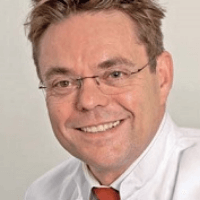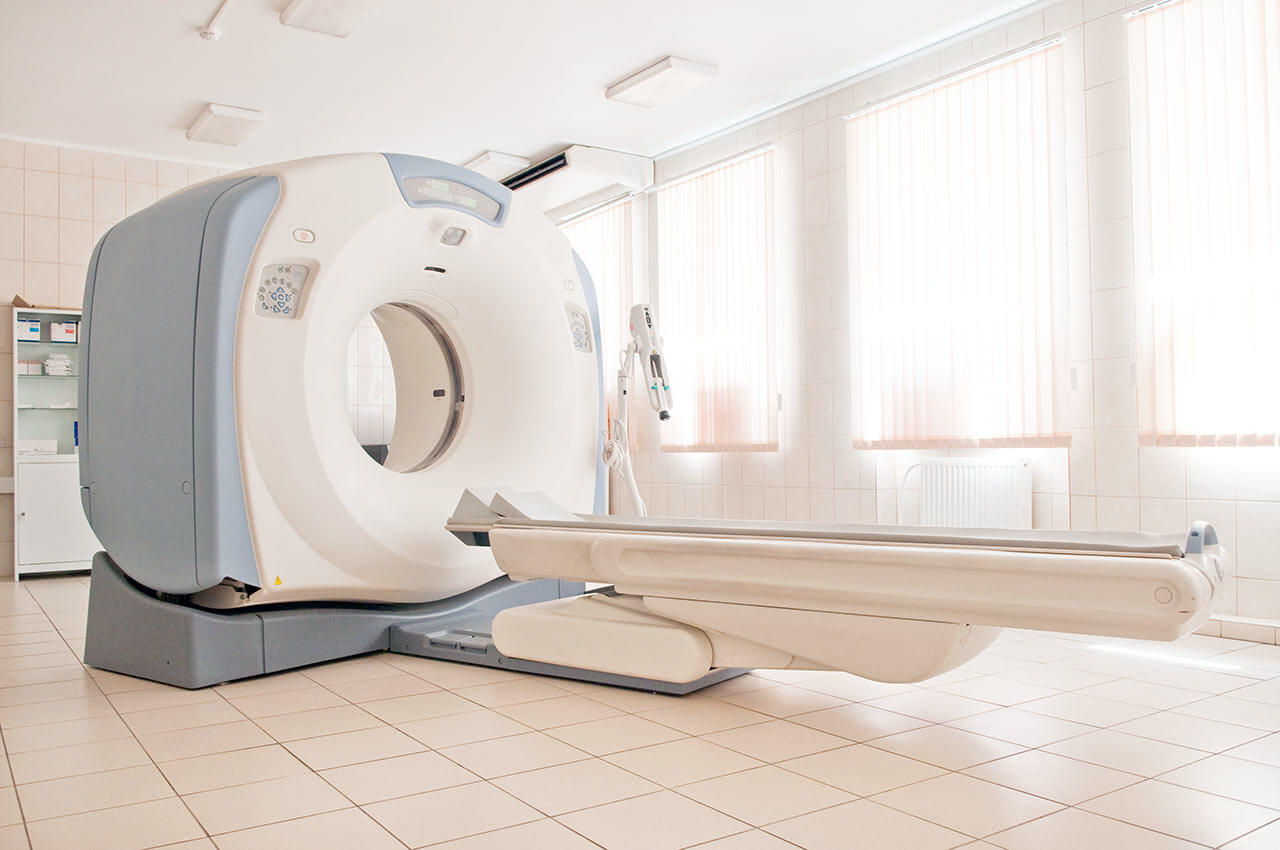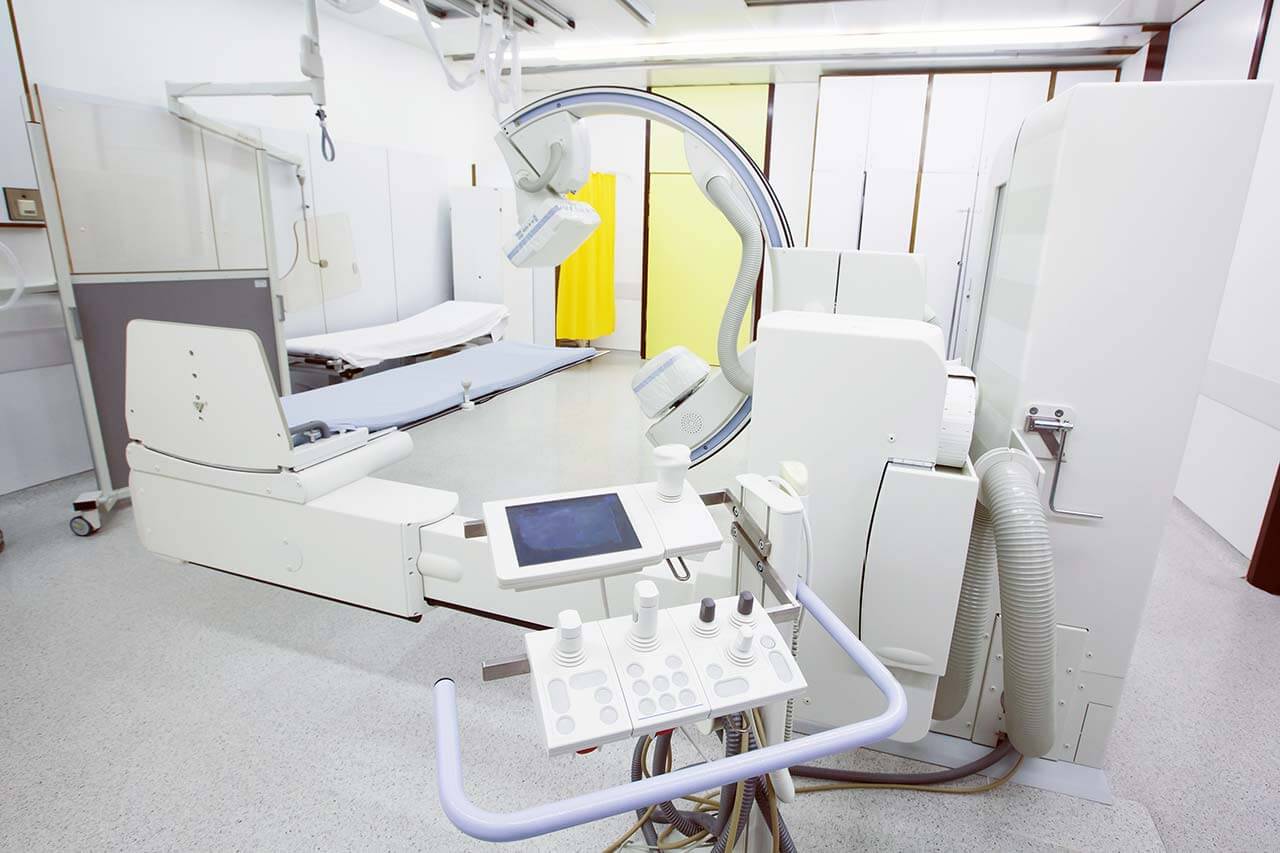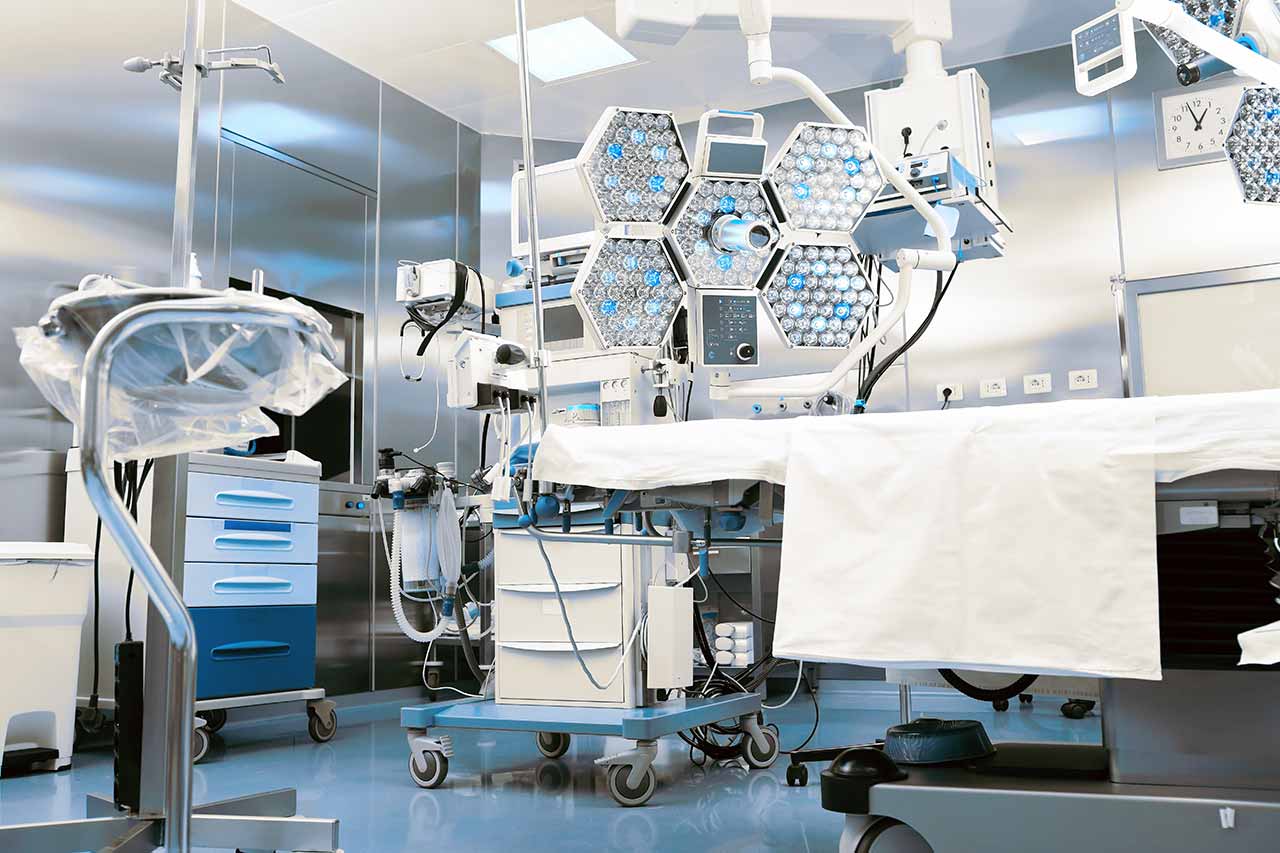
The program includes:
- Initial presentation in the clinic
- case history collection
- general clinical examination
- laboratory tests:
- complete blood count
- biochemical analysis of blood
- TSH-basal, fT3, fT4
- differential blood count
- inflammation indicators (CRP, ESR)
- indicators of blood coagulation
- CT/MRI scans of the whole body
- needle biopsy of the bone marrow with histological:
- cytochemistry
- immunocytology
- cytogenetics (Philadelphia
chromosome detection) - molecular biology
- biopsy and histological examination of CSF
- examination by experts of:
- cardiology
- otolaryngology
- immunology
- ophthalmology
- registration in the European bone marrow donor base
- conducting high-dose chemotherapy
- allogeneic bone marrow transplantation from
unrelated donor - the cost of blood products
- isolation by neutropenic precautions
- symptomatic treatment
- control examinations
- the cost of essential medicines and materials
- nursing services
- full hospital accommodation
- explanation of future recommendations
How program is carried out
During the first visit, the doctor will conduct a clinical examination and go through the results of the available diagnostic tests. After that, you will undergo the necessary additional examination, such as the assessment of liver and kidney function, ultrasound scan, CT scan and MRI.
Also, the doctor will conduct a bone marrow biopsy followed by cytological examination of the harvested material. This will help him to determine the histological features of your bone marrow (in particular, identify HLA system antigens) and select a suitable donor. The donor can be a family member or a person from the bone marrow registry. In the second case, the donor material is stored in a bone marrow bank.
Before the procedure, you will receive chemotherapy, if necessary in combination with radiation therapy. The course of chemo- or chemoradiation therapy lasts from 2 to 8 days.
The bone marrow transplant procedure is an intravenous infusion, i.e. the healthy bone marrow will be injected through a catheter, intravenously. You will stay in your room during the procedure. A bone marrow transplant is completely painless and does not require anesthesia.
During the period of healthy bone marrow engraftment, you will stay in a sterile ward. This is a necessary precaution because during this time your immune system is very weak and cannot withstand environmental pathogens. The risk of bleeding is also quite high, so you will be advised to avoid mechanical damage.
A relative or other close person may stay in the ward with you. You will not be allowed to go outside the department and leave your ward often. The rehabilitation period can last from 1 to 2 months.
When your complete blood count returns to normal, your doctor will schedule your discharge from the department. You will receive information about the rules that you will need to follow at home, the frequency and type of control examinations, and subsequent treatment measures. You will also receive a detailed medical report, which will reflect the entire course of treatment.
Required documents
- Medical records
- MRI/CT scan (not older than 3 months)
- Bone marrow biopsy results (if available)
Service
You may also book:
 BookingHealth Price from:
BookingHealth Price from:
About the department
The Department of Hematology and Oncology at the University Hospital Freiburg offers the full range of diagnostics and treatment of blood diseases, coagulation disorders, oncological diseases and related pathological conditions. The treatment is provided both on an outpatient and inpatient basis. The patient is offered a comprehensive treatment, including intensive care to eliminate side effects associated with the tumor and therapy, development of individual recommendations on nutrition, physiotherapeutic measures and psycho-oncological care. The department is headed by Prof. Dr. med. Justus Duyster.
The department specializes in the diagnostics and treatment of the following diseases:
- Malignant solid tumors
- Head and neck tumors
- Tumors of the digestive tract
- Lung cancer
- Breast cancer
- Cancer of the female genital organs (ovarian cancer, cervical cancer, endometrial cancer, other rare tumors in women, for example, vulvar and vaginal cancers)
- Urogenital tumors (kidney cancer, urinary tract tumors, testicular cancer, prostate cancer, penile cancer, extragonadal germ cell tumors)
- Thyroid cancer
- Endocrine tumors (neuroendocrine tumors, pheochromocytoma, adrenal cortical tumors, pituitary tumors)
- Tumors of the central nervous system (CNS)
- Sarcomas
- Skin tumors (malignant melanoma, squamous cell carcinoma, basal cell carcinoma, Merkel-cell carcinoma)
- Hematologic malignancies
- Leukemia
- Hodgkin's lymphoma
- Non-Hodgkin's lymphoma
- Multiple myeloma (plasmacytoma)
- Benign blood diseases
- Anemia
- Thrombocytopenia
- Thrombosis, embolism and thrombophilia
- Other diseases and pathological conditions
The range of diagnostic and therapeutic services of the department includes:
- Diagnostics
- General laboratory tests (for example, blood, urine, cerebrospinal fluid tests)
- Special blood tests (peripheral blood smear, bone marrow cytology, cytochemical studies)
- Blood cell testing
- Fluorescence in situ hybridization (FISH method)
- Ultrasound diagnostics
- Bone marrow puncture, lumbar puncture, paracentesis and pleural puncture
- Other diagnostic services
- Therapy
- Immunotherapy
- Chemotherapy
- Antihormone therapy (especially effective for breast cancer, prostate cancer, endometrial and ovarian cancer)
- Other treatments
- Supportive therapy
- Psycho-oncological care (for the patient and his/her relatives)
- Recommendations on nutrition
- Pain therapy
- Special physiotherapy for cancer patients
- Other medical services
Curriculum vitae
- 1981 - 1982 Public Service, Hanover Medical School.
- 1982 - 1989 Study of Medicine at the University of Freiburg.
- 02.1987 - 05.1987 Scholarship of the German Academic Exchange Service (DAAD), Vita Insani Clinic, Pematang Siantar, Sumatra.
- 1987 - 1990 Dissertation, Department of Cardiology, University Hospital Freiburg. Subject: "Long-term therapy with captopril in experimental heart failure".
Professional Experience
- 11.1989 - 04.1991 Internship, Institute of Biochemistry, Freiburg, within the framework of the joint research project "Tumor development and prevention of this process".
- 1991 Admission to medical practice.
- 05.1991 - 10.1992 Research Fellow, joint research project "Tumor development and prevention of this process" Institute of Biochemistry, Freiburg.
- 10.1992 - 10.1994 Research Fellow, University of California, San Diego, Department of Biology (under the guidance of Prof. Wang), scholarship of the German Cancer Society.
- 11.1994 - 01. 1996 Assistant Physician, Free University of Berlin, University Hospital Virchow, Max Delbrück Center for Molecular Medicine, Department of Oncology.
- 02.1996 - 01.1998 Medical Assistant, Department of Hematology and Oncology, University Hospital Ulm.
- 02.1998 Medical Assistant, Department of Hematology and Oncology, University Hospital Rechts der Isar Munich.
- 07.2001 Medical Specialist in Internal Medicine.
- 01.2002 Senior Physician in the Department of Hematology and Oncology, University Hospital Rechts der Isar Munich.
- 01.2003 Habilitation, Internal Medicine.
- 07.2005 Partial specialization in Hematology and Internal Oncology.
- 01.2003 - 08.2012 Leading Senior Physician and Deputy Head of the Department of Hematology and Oncology, University Hospital Rechts der Isar Munich.
- 12.2004 Acceptance of the proposal to fill the position of C3 Professor of Internal Medicine and Experimental Hematology, Technical University of Munich.
- 2007 Invitation to the position of W3 Professor of Hematology and Oncology, Otto von Guericke University of Magdeburg (refused).
- 09.2012 W3 Professor of the Department of Hematology and Oncology at the University Hospital Freiburg (successor to Prof. Mertelsmann).
Photo of the doctor: (с) Universitätsklinikum Freiburg
About hospital
The University Hospital Freiburg is famous for its rich history and is one of the oldest and most prestigious medical facilities in Germany (one of the three best medical institutions in the country). The hospital was based on the Faculty of Medicine of the Albert Ludwig University of Freiburg, which celebrated its 550th anniversary in 2007. It should be noted that the hospital is proud of its world-renowned specialists, many of whom during their work here have become Nobel laureates.
The medical facility represents all fields of modern medicine. It consists of 42 departments, 11 institutes and 10 interdisciplinary centers. The highly qualified doctors of the hospital deal with the treatment and rehabilitation of patients with both common and rare diseases. All departments and institutes of the hospital take an active part in fundamental researches of international scale, due to which patients have access to the very latest achievements of medicine, advanced diagnostic methods, state-of-the-art medical equipment and proven effective methods of therapy.
The hospital has a variety of medical achievements, for example, the world's first TIPS procedure, the first implantation of the Jarvik-2000 artificial heart in Europe, the first robotic-assisted surgery on the brain, and the first combined cardiopulmonary transplantation in the land of Baden-Württemberg. In 2004, the University Hospital Freiburg became the first German hospital, which performed kidney transplantation in the incompatibility of blood groups. At the moment, the hospital belongs to medical centers with the greatest experience in performing such an operation.
An interdisciplinary approach to treatment, highly qualified staff, as well as individual patient care and a pleasant environment are key to the hospital’s success.
Photo: (c) depositphotos
Accommodation in hospital
Patients rooms
The patients of the hospital are provided with comfortable rooms with a pleasant design, which create a conducive atmosphere for recovery. The standard furnishing of the patient room includes a telephone, a free radio and TV, a device for calling medical staff, lockers and a safe, an adjustable bed, a chair and a table. The pediatric departments are designed with play areas. The patient may be accommodated in a single or double enhanced-comfort room (for example, with an ensuite bathroom) at an additional cost.
Meals and Menus
The patients are offered good three meals a day with a large selection of dishes. The patients inform about their wishes to the menu in advance, and this information is transmitted to the kitchen. Throughout the day, patients may drink mineral water and tea, which can be found in the department on special tables. The bedridden patients receive drinks from the nursing staff. Other drinks may be purchased at the hospital’s cafeterias and bistro, where patients can come along with visitors.
If you do not eat some products due to intolerance or other personal reasons, please notify the nursing staff in advance, so that all your wishes to be taken into account when preparing the menu.
Further details
Standard rooms include:
Television
All patient rooms have a free radio and TV. The patients can also watch the hospital’s own 24-hour channel with a varied program and interesting information.
Accompanying person
At the availability of free beds, the accompanying person may be accommodated in the same room with the patient, at an additional cost. In addition, the hospital offers special accommodation conditions for patients requiring long-term hospitalization. Parents have at their disposal special apartments in the children's hospital.





